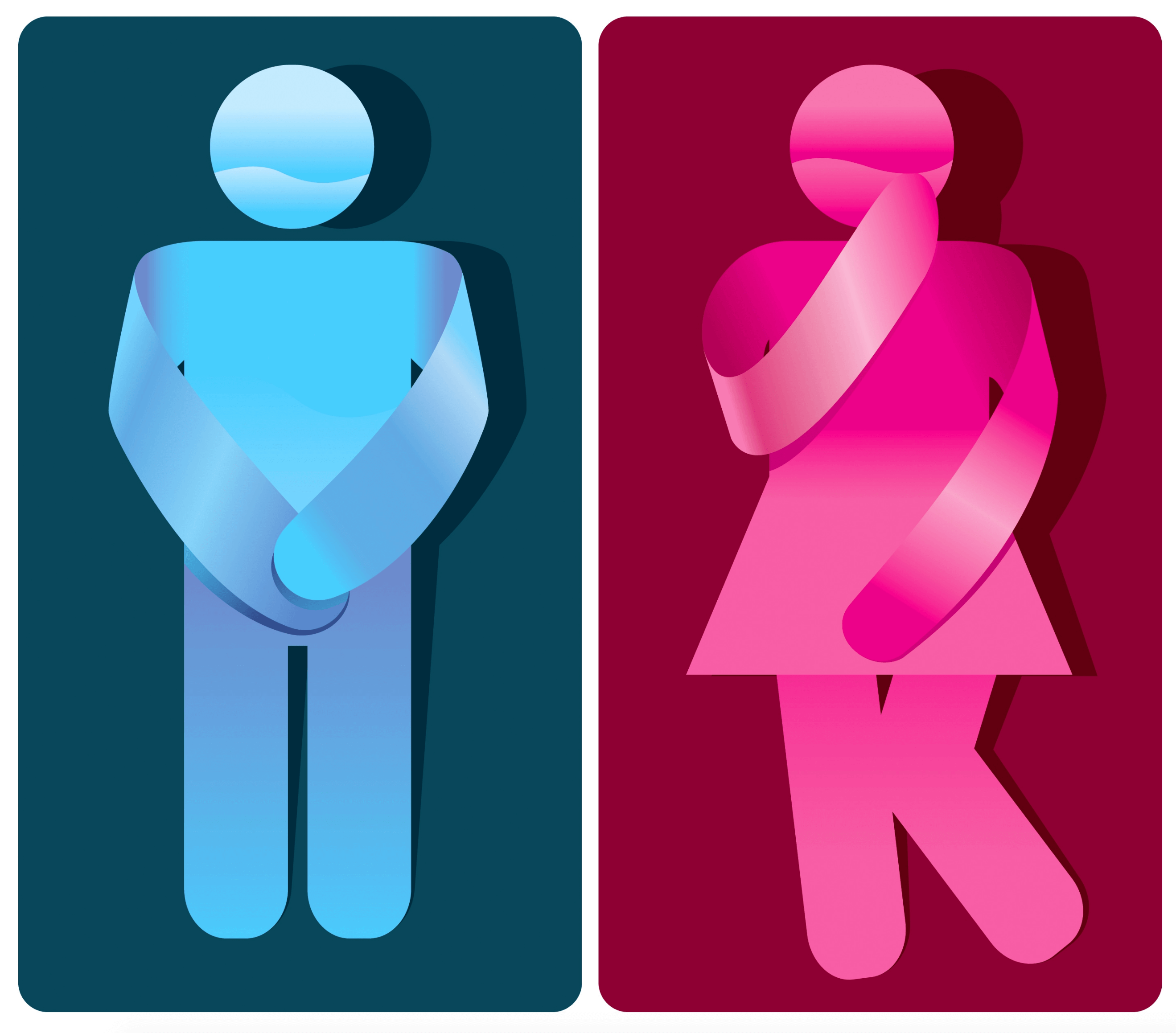What are the types of incontinence?
There are four types of urinary incontinence, including:
- Overactive bladder (OAB): Also called urgency incontinence, when your brain tells you to urinate although you have an empty bladder
- Overflow incontinence: Leaking urine because your bladder is too full
- Stress urinary incontinence (SUI): Weakened pelvic muscles that can’t hold the urine, so it escapes
- Mixed incontinence: A mix of SUI and OAB
SUI is the most common cause of urinary incontinence and more often affects women than men. The leakage usually occurs during activity, such as walking, bending, or lifting. Urine leakage after a sneeze or cough is also attributed to SUI.
How do I know I have urinary incontinence?
Symptoms of urinary incontinence vary and usually coincide with the type. Common symptoms include:
- Small leakage after coughing, sneezing, or exercising
- Sudden urge to urinate and an inability to hold it in
- Frequent dribbling of urine
You may experience temporary incontinence after an acute medical condition such as a urinary tract infection or constipation or after eating or drinking certain foods such as spicy foods or caffeinated beverages.
Are there factors that might increase my risk of urinary incontinence?
Yes, certain factors may increase your risk of incontinence, including:
- Pregnancy
- Menopause
- Enlarged prostate
- Prostate cancer
- Neurological disorders such as Parkinson’s disease or multiple sclerosis
What treatments are available for urinary incontinence?
We offer a number of treatment options to help you manage your incontinence, including:
- Medication
- Surgery
- Catheters
If you’re dealing with urinary incontinence, call the office to book an appointment for an evaluation.

